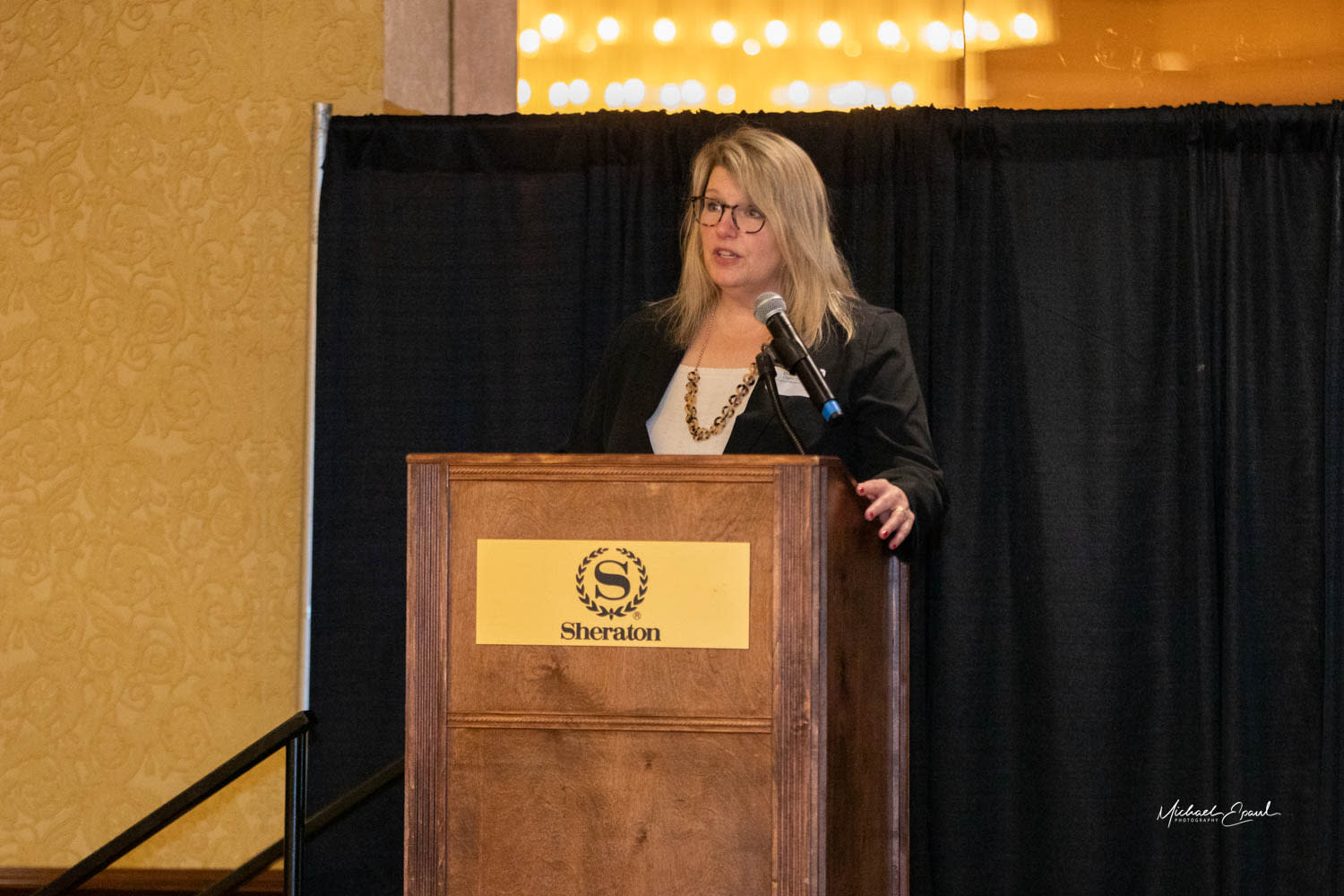SPRINGFIELD REGIONAL CHAMBER VOTES TO OPPOSE BALLOT QUESTIONS 2 AND 5

SPRINGFIELD REGIONAL CHAMBER VOTES TO OPPOSE BALLOT QUESTIONS 2 AND 5
The Springfield Regional Chamber Board of Directors and Legislative Steering Committee have voted to oppose Questions 2 and 5 on the November ballot.
Ballot Question 2 seeks to eliminate MCAS as a high school graduation requirement. The Springfield Regional Chamber based its decision to oppose this action based on four principles:
- Educational equity. The elimination of a statewide graduation standard will adversely affect lower income school districts and lead to greater inequality among districts statewide. The students of Massachusetts deserve equitable, fair and consistent graduation requirements.
- Economic competitiveness. Massachusetts has long been a national leader in K-12 education and adhering to current state education standards will ensure we stay that way. The Springfield Regional Chamber believes that a strong education system leads to a better prepared and more effective workforce, a critical component of our ability to sustain a vibrant economy.
- Accountability. The Commonwealth spends nearly $7 billion dollars annually on K-12 education and the Chamber believes that statewide education standards provide vital measurements for tracking our success in preparing our students for college or the workforce.
- Process Concerns. Question 2 seeks to eliminate the MCAS graduation requirement but provides no alternative standard. There simply would not be a graduation standard in Massachusetts, and school districts would be left to develop their own. A decision of this magnitude would best be made through the rigorous vetting of our state legislators, done in conjunction with educators, parents, local officials, workforce experts and members of the business community.
For these reasons, the Springfield Regional Chamber stands with Governor Healey, Lt. Governor Driscoll, Secretary of Education Tutwiler, Senate President Spilka, House Speaker Mariano, the Massachusetts Taxpayers Foundation, the Massachusetts Business Alliance for Education, Associated Industries of Massachusetts, at least ten Massachusetts chambers of commerce, and dozens of other business organizations and educators in opposing Question 2.
Ballot Question 5 would require a minimum wage for tipped workers in Massachusetts. The Springfield Regional Chamber based its decision to oppose this action on its potential adverse impact on the restaurant, hospitality, service and tourism industries. This question is overwhelmingly opposed by tipped workers, restaurant owners and even labor unions.
Currently, tipped workers are paid $6.75 per hour plus tips. If their tips and hourly wage does not add up $15.00 per hour, then their employer is currently required to make up the difference. So essentially, there are already measures in place to guarantee that they are making minimum wage.
If passed, this ballot question would mandate that these workers wages would gradually increase to minimum wage over the next 5 years, a move that many acknowledge will result in higher costs to consumers and lower tips for workers. Additionally, this question has a provision that would allow a business to mandate pooling tips, meaning that servers, bartenders and all front of house staff would split their tips with back of house employees like cooks and dishwashers, most of whom are already higher wage earners. We think this would negatively impact the very people that this question purports to help by dropping their overall income. 90% of all tipped workers believe that if tipped wages are eliminated, they will earn less.
From an economic standpoint, the Chamber believes this will lead to employees leaving tipped wage jobs, further hurting our restaurants and service related industries. The Chamber recognizes the importance of our local restaurants and hospitality related businesses, and we oppose any measure that would create additional hardship on this sector that has weathered so many challenges over the last five years.
This ballot question is backed by One Fair Wage, an organization based in California. This measure was passed in Washington D.C. and it resulted in tipped employees either leaving or losing their jobs as well as a significant increase in menu/service prices and business closures.
For these reasons, the Springfield Regional Chamber supports a NO vote on Questions 2 and 5.
